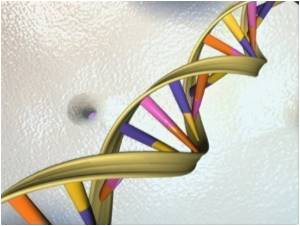A new study suggests that the restricted eating in anorexia and overeating in bulimia may be due to the altered function of neural circuitry

"It has been unknown whether individuals with anorexia or bulimia have a disturbance in the system that regulates appetite in the brain, or whether eating behavior is driven by other phenomena, such as an obsessional preoccupation with body image," Kaye, director of the UCSD Eating Disorders Treatment and Research Program, said.
"However, this study confirms earlier studies by our group and others that establish a clear link between these disorders and neural processes in the insula, an area of the brain where taste is sensed and integrated with reward to help determine whether an individual hungry or full," he said.
The UC San Diego study used functional MRI to test this neurocircuitry by measuring the brain response to sweet tastes in 28 women who had recovered from either anorexia or bulimia.
Relative to a cohort of 14 women who had never suffered from either disorder, those recovered from anorexia had significantly diminished, and those recovered from bulimia, significantly elevated responses to the taste of sucrose in the right anterior insula.
"One possibility is that restricted eating and weight loss occurs in anorexia because the brain fails to accurately recognize hunger signals," Oberndorfer said.
Advertisement
The study is published on-line in the American Journal of Psychiatry.












